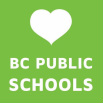|
This is the best time to become bilingual, according to brain science reprinted from the World Economic Forum Any adult who has attempted to learn a foreign language can attest to how difficult and confusing it can be. So when a three-year-old growing up in a bilingual household inserts Spanish words into his English sentences, conventional wisdom assumes that he is confusing the two languages. Research shows that this is not the case. In fact, early childhood is the best possible time to learn a second language. Children who experience two languages from birth typically become native speakers of both, while adults often struggle with second language learning and rarely attain native-like fluency. But the question remains: is it confusing for babies to learn two languages simultaneously? When do babies learn language? Research shows babies begin to learn language sounds before they’re even born. In the womb, a mother’s voice is one of the most prominent sounds an unborn baby hears. By the time they’re born, newborns can not only tell the difference between their mother’s language and another language, but also show a capability of distinguishing between languages. Language learning depends on the processing of sounds. All the world’s languages put together comprise about 800 or so sounds. Each language uses only about 40 language sounds, or “phonemes,” which distinguish one language from another. At birth, the baby brain has an unusual gift: it can tell the difference between all 800 sounds. This means that at this stage infants can learn any language that they’re exposed to. Gradually babies figure out which sounds they are hearing the most. Between six and 12 months, infants who grow up in monolingual households become more specialized in the subset of sounds in their native language. In other words, they become “native language specialists.” And, by their first birthdays, monolingual infants begin to lose their ability to hear the differences between foreign language sounds. Studying baby brains What about those babies who hear two languages from birth? Can a baby brain specialize in two languages? If so, how is this process different then specializing in a single language? Knowing how the baby brain learns one versus two languages is important for understanding the developmental milestones in learning to speak. For example, parents of bilingual children often wonder what is and isn’t typical or expected, or how their child will differ from those children who are learning a single language. My collaborators and I recently studied the brain processing of language sounds in 11-month-old babies from monolingual (English only) and bilingual (Spanish-English) homes. We used a completely noninvasive technology called magnetoencephalography (MEG), which precisely pinpointed the timing and the location of activity in the brain as the babies listened to Spanish and English syllables. We found some key differences between infants raised in monolingual versus bilingual homes. At 11 months of age, just before most babies begin to say their first words, the brain recordings revealed that: -Babies from monolingual English households are specialized to process the sounds of English, and not the sounds of Spanish, an unfamiliar language -Babies from bilingual Spanish-English households are specialized to process the sounds of both languages, Spanish and English. Our findings show that babies' brains become tuned to whatever language or languages they hear from their caregivers. A monolingual brain becomes tuned to the sounds of one language, and a bilingual brain becomes tuned to the sounds of two languages. By 11 months of age, the activity in the baby brain reflects the language or languages that they have been exposed to.
Is it OK to learn two languages? This has important implications. Parents of monolingual and bilingual children alike are eager for their little ones to utter the first words. It’s an exciting time to learn more about what the baby is thinking. However, a common concern, especially for bilingual parents, is that their child is not learning fast enough. We found that the bilingual babies showed an equally strong brain response to English sounds as the monolingual babies. This suggests that bilingual babies were learning English at the same rate as the monolingual babies. Parents of bilingual children also worry that their children will not know as many words as children who are raised with one language. To some extent, this concern is valid. Bilingual infants split their time between two languages, and thus, on average, hear fewer words in each. However, studies consistently show that bilingual children do not lag behind when both languages are considered. Vocabulary sizes of bilingual children, when combined across both languages, have been found to be equal to or greater than those of monolingual children. Another common concern is that bilingualism causes confusion. Part of this concern arises due to “code switching,” a speaking behavior in which bilinguals combine both languages. For example, my four-year-old son, who speaks English, Spanish, and Slovene, goes as far as using the Slovene endings on Spanish and English words. Research shows bilingual children code-switch because bilingual adults around them do too. Code-switching in bilingual adults and children is rule-governed, not haphazard. Unlike monolingual children, bilingual children have another language from which they can easily borrow if they can’t quickly retrieve the appropriate word in one language. Even two-year-olds modulate their language to match the language used by their interlocutor. Researchers have shown code switching to be part of a bilingual child’s normal language development. And it could even be the beginning of what gives them the extra cognitive prowess known as the “bilingual advantage.” Bilingual kids are at an advantage The good news is young children all around the world can and do acquire two languages simultaneously. In fact, in many parts of the world, being bilingual is the norm rather than an exception. It is now understood that the constant need to shift attention between languages leads to several cognitive advantages. Research has found that bilingual adults and children show an improved executive functioning of the brain – that is, they are able to shift attention, switch between tasks and solve problems more easily. Bilinguals have also been found to have increased metalinguistic skills (the ability to think about language per se, and understand how it works). There is evidence that being bilingual makes the learning of a third language easier. Further, the accumulating effect of dual language experience is thought to translate into protective effects against cognitive decline with aging and the onset of Alzheimer’s disease. So, if you want your child to know more than one language, it’s best to start at an early age, before she even starts speaking her first language. It won’t confuse your child, and it could even give her a boost in other forms of cognition. Written by Naja Ferjan Ramirez, Research Scientist, University of Washington This article is published in collaboration with The Conversation.
0 Comments
SCOLA AGM 2017 will be held on April 28, 2017 at the Okanagan College, Kelowna Campus. ^RL
Application packages for the 2017 MEXT Undergraduate Scholarship are now available. The scholarship is open to high school graduates (as of March 2017) born between April 2, 1995 and April 1, 2000, who would like to study and complete an undergraduate degree at a university in Japan.
The application guide and forms can be accessed through the Embassy of Japan's website at http://www.ca.emb-japan.go.jp/itpr_en/education.html. The deadline to apply for the scholarship is June 3, 2016. All eligible applicants will be invited for an interview and examination on a designated date (yet to be determined) in late June or early July. Questions can be directed to the Consulate General of Japan: 604-684-5868, ext. 391 or [email protected]. *****End of Announcement**** Sincerely, Steve Chevalier Culture and Information Assistant ********************************* Consulate General of Japan 900-1177 West Hastings Street Vancouver, BC V6E 2K9 604-684-5868/[email protected] 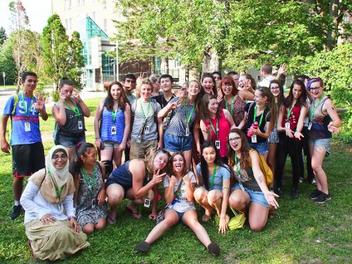 Are you a bilingual student currently in grade 10 or grade 11? Come to live an unforgettable experience this summer by participating in the the 2016 National Ambassador Youth Forum, which will be held in dowtown Toronto, ON, from August 22-26 2016! You still have 2 weeks to submit your application! The deadline is April 29th 2016! Submit your application! The NAFY is free. Lodging and transportation will be provided to all selected participants. THE 2016 NAYF IS: - Staying in the heart of Toronto at the prestigious campus of the University of Toronto, ranked 25th best university worldwide and Canada’s best university (source : Shanghai ranking) - Visit Toronto’s vibrant downtown, the Toronto Islands and the city’s major attractions - Outdoor activities such as an “Amazing Race” in French - Custom-made leadership workshops French, craziness, fun...and much more !  RELÈVE LE DÉFI FNJA 2016 ! LE FNJA 2016 C'EST : - être logé au cœur de Toronto, sur le campus de la prestigieuse University of Toronto, la meilleure université au Canada et la 25e au rang mondial(source : Shanghai ranking) - visiter le vibrant centre-ville de Toronto, ses îles et ses attractions majeures - des activités en plein air, telles que une « Amazing race », revisitée à la sauce franco - des ateliers de leadership sur mesure Du français, de la folie, du fun...et bien plus encore ! QUI PEUT SOUMETTRE SA CANDIDATURE ? Tu es un élève bilingue actuellement en 10e ou 11e année ?! Viens vivre une expérience inoubliable cet été en participant au Forum national des jeunes ambassadeurs 2016 qui aura lieu au centre-ville de Toronto, Ont., du 22 au 26 août 2016! Il te reste encore 2 semaines pour soumettre ta candidature ! La date limite est le 29 avril 2016 ! Soumets ta candidature Le FNJA est un événement gratuit. Les frais de transport et l'hébergement sont offerts à tous les participants. !#FNJA2016 - Une expérience inoubliable #2016NAYF - For an unforgettable summer View this email in your browser This summer – Your child can speak the language, play in another culture and have a blast!
Choosing the right camp for your child or teen, can be a big decision. If you can’t show your young learner the world this summer, why not bring the world to them by enrolling them in a camp where they will be immersed in French? At Canadian Parents for French, we hope our Summer Camp Listing can help. Choose a camp that stretches your child’s understanding to help them gain independence, share experiences, build new skills, discover new interests, and speak in French! Click here for the CPF Summer Camp Listing 2016 If you don’t see a camp in your area please contact your local CPF Branch or Chapter for more information. Jane Keith, President [email protected] Nicole Thibault, Executive Director [email protected]a Canadian Parents for French 1104-170 Laurier Ave. West Ottawa, ON | K1P 5V5 Please share with supportive teachers and parents!
"Are You Looking for a Rewarding Challenge?" Are you committed to strengthening French second language opportunities for youth in Canada? Canadian Parents for French is announcing a call for nominations to its National Board and we want you to join in on the action! The National Board of Canadian Parents for French is responsible for the governance and strategic direction of a national network 26,000 members strong. We are interested in individuals with a genuine interest in furthering bilingualism, an awareness of issues related to French language learning, and who are willing to promote linguistic duality and liaise with our partners and stakeholders. Does this sound like you or someone you know? CPF’s ideal candidate will have prior community-based volunteer experience and knowledge of strategic thinking, governance, advocacy, change management and volunteer engagement. He or she will be self–directed, good at problem solving, and value lifelong learning. Candidates should also possess a strong teamwork and leadership ethic, along with effective communication skills. Experience on volunteer governance boards is also considered an asset. Candidates for the National Board must be CPF members. Board positions are voluntary and include some travel. The time commitment will vary based on the Board’s needs; a few days per month is likely, in addition to attendance of all board meetings (approximately four times per year), for which all reasonable travel, meals, and accommodation expenses are covered. Any current CPF member can nominate another person as a candidate or nominate themselves. If you would like to nominate someone, please ensure that you have their agreement, and then forward the candidate’s résumé to the committee chair, Jane Keith, at [email protected] Please note: Any nominee who is currently serving on a Branch or Chapter board, or who is receiving remuneration for work commissioned by CPF, will be required to resign from said position prior to election to the CPF National Board. Deadline for receipt of nominations is May 13, 2016 Jane Keith, President [email protected] Nicole Thibault, Executive Director [email protected] Canadian Parents for French 1104-170 Laurier Ave. West Ottawa, ON | K1P 5V5 Please share with anybody who might teach French, including Core French Grades 5-8. Bursaries available for BC Teachers French Summer Institutes at UBC July 4-21, 2016 (one-week and three-week options within those dates) Take time this summer to enhance your French language skills. Our lively and interactive summer institutes focus on the practical application of French through conversation and cultural experiences in a supportive, small group environment. Our courses are taught by a team of engaging, passionate instructors who are experienced in adult education. Many have graduate degrees, and all are native speakers who bring their unique francophone cultures to each lesson. Mornings-only summer institutes focus on conversational language skills, while full-day summer institutes feature afternoon cultural activities that complement your learning by giving you an opportunity to practise your language skills in real-life contexts. Enjoy excursions and workshops that may include cheese tasting, a UBC farm tour, wine appreciation, croissant making, and celebrations of francophone holidays. Quote from 2015 participant: “The course was a perfect balance of instruction, practice, culture and celebration. The small class size allowed everyone to participate and receive feedback regularly.” Please see attached flyer or visit the website here for more information. Merci! Nina Parr Curriculum Coordinator, Program Leader | Continuing Studies | Languages, Cultures and Travel The University of British Columbia | Vancouver Campus UBC Robson Square, 1400-800 Robson Street | Vancouver, BC Canada V6Z 3B7 Phone 604 822 0803 [email protected] | www.languages.ubc.ca @ubc_languages
Earlier this week, Senator Reid Elementary hosted a Vaisaiki celebration with their high school LA Matheson as part of a pilot program they are doing with their school called "The Next 100 Years". They brought in a DJ and invited students from each grade level to come up to the front for a dance off. Naturally, the kids loved it!
However, for 9 Syrian refugee students who arrived just last week, the experience was a bit overwhelming at first and hard to for them to connect to. As one can expect, it would be rather intimidating for a new student - refugee or otherwise - to come to a different school where familiar faces would be few and far between. Add to this malaise is the fact that all the other students in the school are speaking in a different language and celebrating a cultural celebration that may be foreign to most Syrian-born students. Understandably, the Syrian refugee students were very shy and quiet, but soon this all changed. One young, thoughtful student approached her teacher, Jennifer Jotie, and asked if they could play an Arabic song. Shortly thereafter, both the DJ and Punjabi teacher Gurpreet Bains found a song to play. According to Ms. Bains, what happened next melted her heart. Upon hearing the song in Arabic, the Syrian refugees came to the front and began dancing in front of the whole school to the applause and cheers of everyone present. Ms. Bains wrote: "[It was] so great to see these very new students all get up to dance in front of the school and be so excited about it. What a wonderful way to build community without a need to know English." Senator Reid Elementary is expecting to welcome another three Syrian refugees this week. BCATML thanks Gurpreet Bains for sharing this heart-warming story. If your school is using culture to bridge the gap, we would love to hear about it. ^RL At last week's BCLCA Conference in Richmond, BC both Stacia Johnson and Rome Lavrencic presented a workshop examining ideas that could be used to implement the Core French redesigned curriculum. During a portion of their workshop, questions were raised regarding school district's allotment of the French Federal Funds. Many teachers were unaware of how to access pertinent information relating to the French Federal Funds such as the total amount received by their school district; who can manage those funds; how to use the funds as well as for what types of activities are permitted (i.e.: Pro-D for teachers) BCATML widely distributed the document below prepared by the French Programs & Services Division of the BCTF at last fall's Celebrating Languages Conference. Furthermore, this document was also published in our Winter 2015 Newsmagazine which can be downloaded from the Resources tab of our website (Members only). We invite and encourage Department Heads, Languages Coordinators, Helping Teachers, Language Consultants, Teachers, and Administrators to review the document below in order to ensure that the French Federal Funds are being used and accessed appropriately. Note: Lucie Ferrari is currently on maternity leave from the French Programs and Services Division. Please direct questions to Marie-Claude Tremblay ([email protected]) who is replacing Ms. Ferrari until February 2017.
|
How to post:BCATML's Executive members can add news items here. Please email BCATML president at [email protected] or your Language Rep with a news item or pro-d opportunity that you would like to share. Archives
August 2023
Categories |
||||||||||||||||||||||||||||

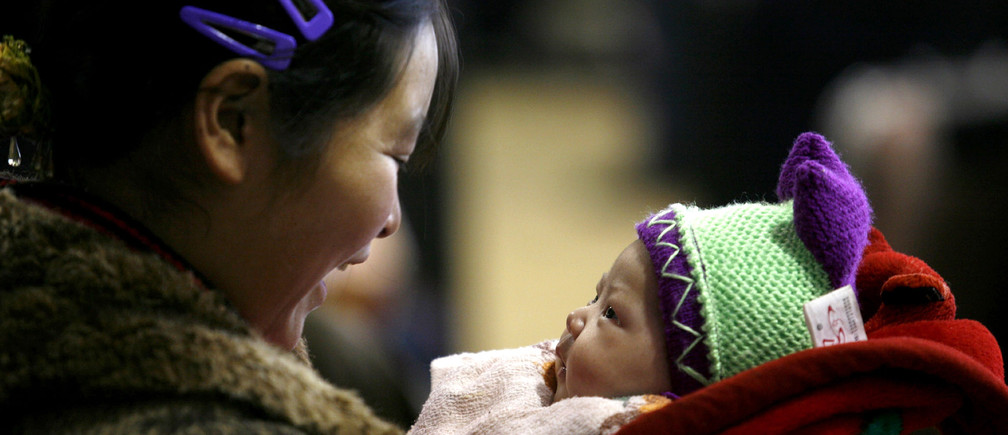
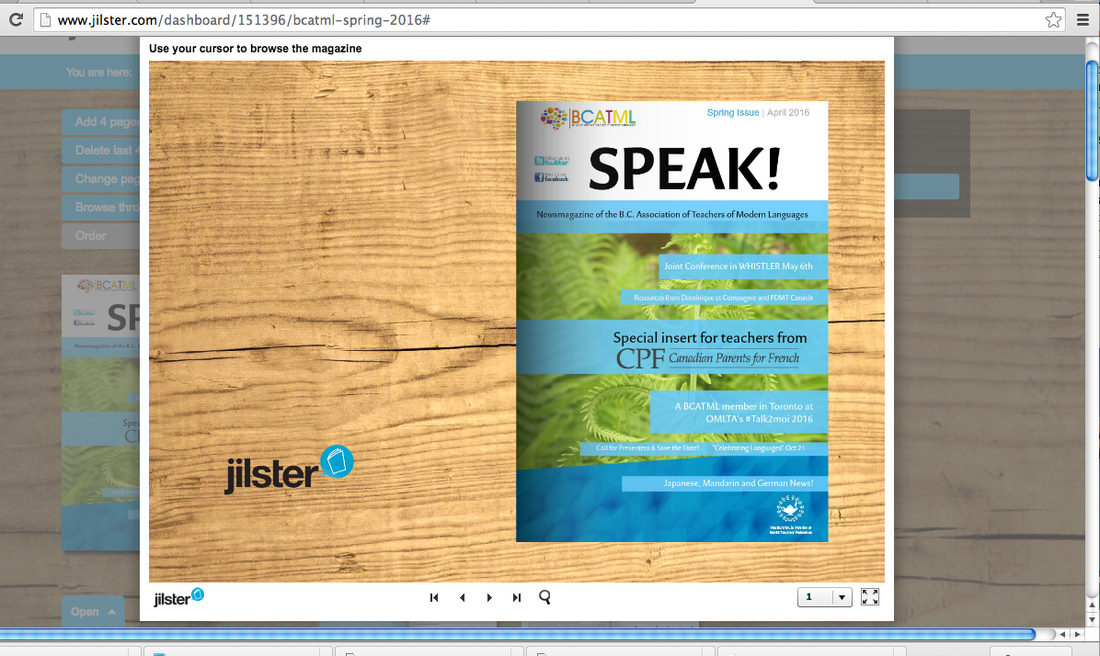

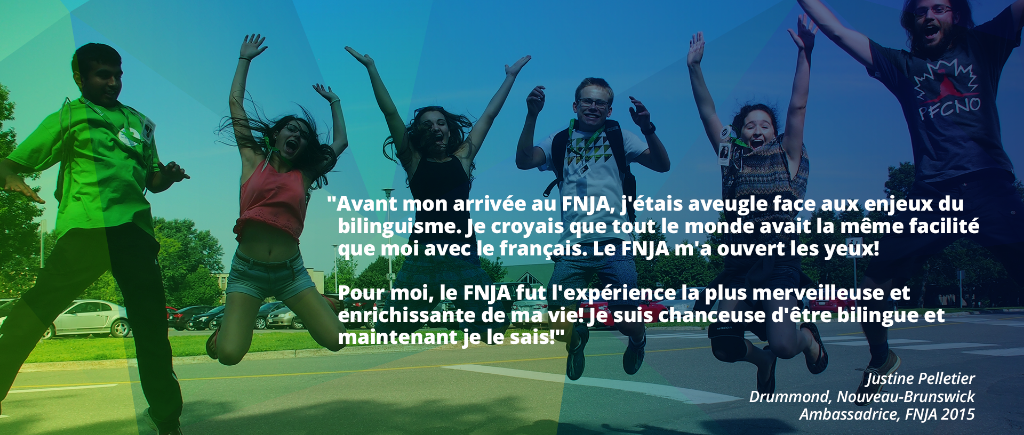
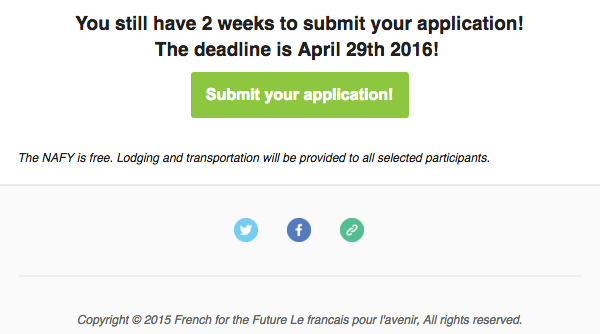



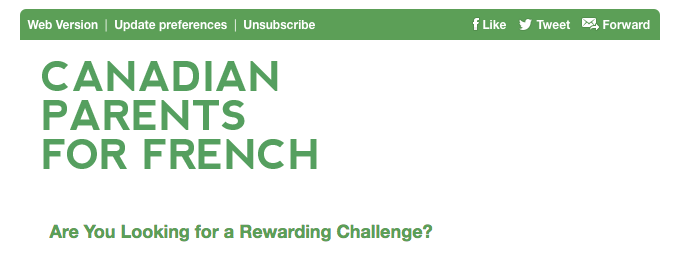


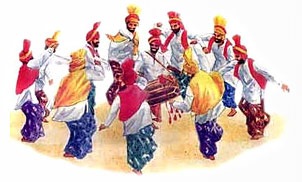
 RSS Feed
RSS Feed

